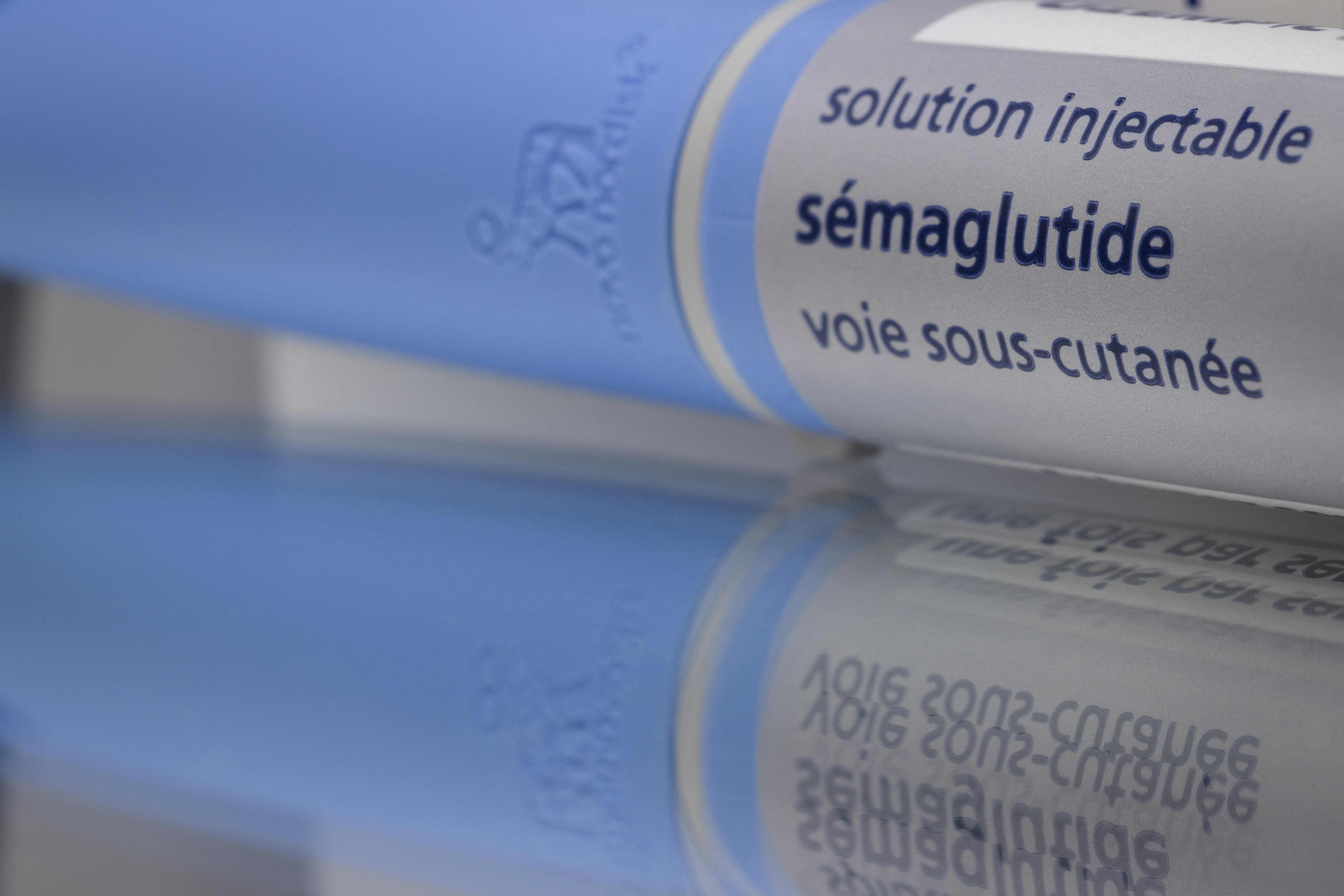- News
- Science
Researchers say findings provide evidence for ‘comprehensive body-wide anti-aging strategy’
Vishwam SankaranFriday 21 November 2025 12:30 GMTComments
 CloseRelated: Loneliness adds nearly two years to your biological age
CloseRelated: Loneliness adds nearly two years to your biological age
Sign up to our free Living Well email for advice on living a happier, healthier and longer life
Live your life healthier and happier with our free weekly Living Well newsletter
Live your life healthier and happier with our free weekly Living Well newsletter
 Email*SIGN UP
Email*SIGN UPI would like to be emailed about offers, events and updates from The Independent. Read our Privacy notice
Microdoses of weight loss drugs like Ozempic may slow down ageing and help increase longevity, a new study suggests.
Originally developed for treating diabetes, the drug semaglutide is now also used for weight loss, causing it to surge in popularity worldwide.
The drug, sold under brand names like Ozempic and Wegovy, mimics the action of the naturally occurring GLP-1 hormone in the gut and the brain to regulate appetite, making people feel fuller for longer.
A new trend is sweeping the internet, with reports of some people taking the drug in very small doses for longevity even though health experts warn the effect is yet to be proven in humans.
Now, adding some credit to this theory, researchers from the Chinese University of Hong Kong have found that exenatide, a drug with a similar chemical makeup to Ozempic, could counteract ageing in mice.
The study tested the effect of a small dose of exenatide in mice, starting treatment at about 11 months of age and continuing for around 30 weeks.
Scientists collected tissues from many organs of the mice, including brain, liver, kidney, muscle, and adipose tissue to measure levels of RNA and DNA modifications as well as several proteins and other metabolism-related molecules.
They assessed how the age-related molecule signature of each tissue had changed.
Researchers compared the treated and untreated mice to assess their “age-signature” changes.
 Anti-diabetic medication semaglutide made by Danish pharmaceutical company 'Novo Nordisk' (AFP via Getty)
Anti-diabetic medication semaglutide made by Danish pharmaceutical company 'Novo Nordisk' (AFP via Getty)The study found that the drug produced consistent changes in many tissues that opposed typical patterns seen with aging.
Beyond these patterns, researchers found the treated mice had metabolic health consistent with healthier animals.
The “age-signature” appeared significantly shifted in treated mice to a “younger‐looking” profile compared to untreated older mice, scientists said.
Many of the drug’s positive effects appeared to involve brain activity, they found, hinting that the brain acted as a hub to influence the ageing profiles of many organs.
Researchers hope the findings may lead to larger clinical trials and help in the development of anti-aging drugs.
Citing a key limitation of the study, researchers said the findings were only observed in mice and not humans, so whether the drug had any real effect on human aging was still to be found.
The findings were also in middle-aged mice, implying it might not work the same way in very old animals.
Although the drug seemed to induce many molecular signs of younger age across tissues, the study did not prove actual mice ageing was reversed.
“Our work has provided multifaceted evidence for a comprehensive body-wide anti-aging strategy,” they wrote.
“Future longitudinal studies are necessary to explore whether GLP-1R agonism may complement other anti-aging methods.”
More about
longevityWeight LossAgeingOzempicJoin our commenting forum
Join thought-provoking conversations, follow other Independent readers and see their replies
Comments


